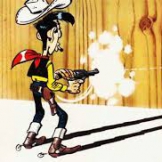
Aktuelno
Članak
Covic's story about ethnic cleansing is an alibi for the JCE
The president of HDZ BiH and HNS, Dragan Covic said after a session of the presidency of this party that he could not see any reason to block forming of the Council of Ministers BiH, and that federal
.jpg.webp)
By: Haris LJEVO
The president of HDZ BiH and HNS, Dragan Covic said after a session of the presidency of this party that he could not see any reason to block forming of the Council of Ministers BiH, and that federal government will have to await a new election law before it can be formed.
Covic has therefore sent a clear message that he will stall forming of the federal government BiH until a new election law is adopted which would guarantee him a high position each time he decides to run. Covic emphasized that all he wanted was for BiH to start functioning.
All I want is for BiH to start functioning. If somebody will be a Croat, while his name suggests a different message – it's not up to me to comment. Yet, it shouldn't be speculated. This is a continuation of ethnic cleansing only with different means, said Covic.
The first person of HDZ BiH has quite intentionally accused his political opponents for the continuation of the ethnic cleansing policy, even though most of political analysts and representatives of the international community in BiH agree in that, what Dragan Covic is seeking to secure via BH election law is merely a round up and legalization of the ethnic cleansing started almost 30 years ago.
It is wise to recall that politics every now and then, and the catastrophe it brought upon the citizens of this country.
Some 25 years ago, a Croat Republic Herzeg-Bosna was established. It grew out from Croat community Herzeg-Bosnia formed on 18 November 1991.
The leaders of HDZ BiH and smaller parties all assembled in Croat People's Assembly (Hrvatski Narodni Sabor) led by the leader of that project Dragan Covic, recently marked the 25th anniversary of so called Herzeg-Bosnia, referring to it as a result of the will of the Croat people and their right to free life in BiH.
The International Court in The Hague evaluated the character of the said parastate on 29 November 2017, asserting that it was created by means of a joint criminal enterprise, issuing a judgement against its political and military highest ranks (Prlic, Praljak, Coric, Petkovic, Stojic, and Pusic) for 111 years in prison.
One of the convicted Slobodan Praljak did not have courage to confront the verdict which included sentence of 20 year imprisonment so he poisoned himself in the courtroom. The leading politicians of HDZ BiH and the government of the neighboring Croatia paid their last respects to the convicted criminal Praljak, while Sabor stood for the moment of silence.
So called Herzeg-Bosnia existed about 3 years. During that relatively short time, it did not get to produce a Nobel winner in physics, math or literature, it did not produce a sports champion who made a score worth mentioning, the companies in that parastatelet did not produce quality chocolates, or building of roads or railways...
However, during that short time, in the territories controlled by government of so-called Herzeg-Bosnia, so many important events took place that historians will have enough data to process for the centuries to come.
We will mention only a fee of those...
Massacre in Ahmici carried out on 16 April 1993 by members of the 'Jokers' when 116 Bosniaks civilians were killed, a big number of women and children among them, including a 3 month baby. Dario Kordic played a key role in the operation for which he was accused and sentenced to 25 years in prison. After having served 2/3 of the sentence, he was released and since then has been lecturing on religion and running anti-abortion campaign – according to Kordic, nobody has the right to take someone's life as it is given by God.
Another massacre, this time in Stupni Dol near Vares in which 38 Bosniaks were killed took place on 23 October 1993. The killing was carried out by members of Maturice and Apostoli units under command of Ivica Rajic. He pleaded guilty in The Hague which helped him get only 12 years in prison. Rajic had received orders by Milivoj Petkovic who was sentenced to 20 years of prison. Petkovic ordered Rajic to go to Vares and 'sort things out', and to show no mercy for anyone.
The biggest symbols of the failed statelet are numerous concentration camps including Dretelj, Heliodrom, Gabela... Heliodrom was situated near Rodoc, south of Mostar; it was previously used only as HVO's heliport. Their warehouses and garages were subsequently converted into prison cells. HVO held Bosniak men in the camp from 1993 to mid-1994. Number of prisoners was about 1800 in May 1993, and by June it dropped to app. 500.
The prisoners were put through horrific psychological and physical torturing. They were even forced to walk before HVO forces as human shield. They were beaten to death by the guards, especially if HVO was losing battles. Some of the prisoners were being taken to forced labor such as digging trenches or building military forts, as well as collecting dead bodies of HVO soldiers.
HDZ leader Dragan Covic was general director of Soko Mostar at the time. In June 1993, he sent a request to Josip Praljak, then deputy manager of the Heliodrom detention camp, to allow use of 10 prisoners for 'the needs of air force industry Soko Mostar for certain jobs’. Permission for transfer of prisoners was signed the next day by Stanko Bozic, director of Central military-investigation prison Mostar.
Herzeg-Bosnia was not immune to terrorism either. Although Croat political representatives from BiH and Croatia consider Bosniaks as originators of terrorism in these areas, and even in Europe, the event of 18 April 1993 denies them.
A tanker carrying half ton of explosive exploded near mosque in Stari Vitez, destroying the office of war presidency of Bosnian government in Vitez, killing at least 6 persons, with more than 50 persons wounded. The International Criminal Court in The Hague accepted that the action was to be defined as an act of terrorism carried out by elements of internal Croat forces who were attacking Bosniak population of Old Vitez.
Besides terrorism, concentration camps and massacres, the parastate Herzeg-Bosnia was characterized by planned shelling of civilian targets such as marketplace in Zenica. The market place was bombed by HVO on 19 April 1993 from village Puticevo, some 15 km away from Zenica. 15 civilians were killed, 50 wounded. Grenades came in three bursts, 2 grenades each time, at 12:10, 12:24 and 12:29.
Two pieces of D-30 J Howitzers were engaged for this professionally executed artillery attack observed by international observers. Two Danish members of ECMM visited the massacre scene immediately after the shelling and photographed the crime scene. Their photographs revealed devastated marketplace, dead bodies scattered around, destroyed cards and bus stop, damaged buildings. Croats blamed Serbs for the attack, however, the accusations were dismissed in the Kordic case.
The killings and tortures in the concentration camps were followed by systematic destruction of cultural monuments of Bosnia and Herzegovina that had been witnesses to the long existence of BiH. The main symbol of Mostar and Herzegovina, the Old Bridge was brought down on 9 November 1993 by HVO. The whole world was shocked by the monstrous act. HVO destroyed the bridge as part of their campaign of shelling and terrorizing Mostar. HVO started the campaign the day before by shooting dozens of projectiles towards the bridge, which was rounded up the next day by its final collapse.
After release of 36 transcripts of Franjo Tudjman, it can be concluded that destruction of Old Bridge was part of planned campaign of aggression by Croatia, which also presumed destruction of its tradition and history.
25 years after horrific crimes and concentration camps, as well as The Hague's judgements, political leadership of HDZ, Dragan Covic and their satellite parties celebrate that project, referring to it as striving of Croat people for their survival in BiH. Obviously, the time to confront the past and their own crimes is not even close.
Instead of starting a new politics of reconciliation and compromise, the politics of building a European path for BiH, the first person of HDZ intentionally deceives the public with his stories about alleged ethnic cleansing.
Lucky for BH society, and unfortunately for Dragan Covic, the international institutions do not forget the mastermind behind the ethnic cleansing in BiH and make their decisions accordingly, the decisions that nothing and nobody can change.
The sooner Dragan Covic and his followers realize that, the better for them, as well as for BH society as whole.
#English
Najnovije
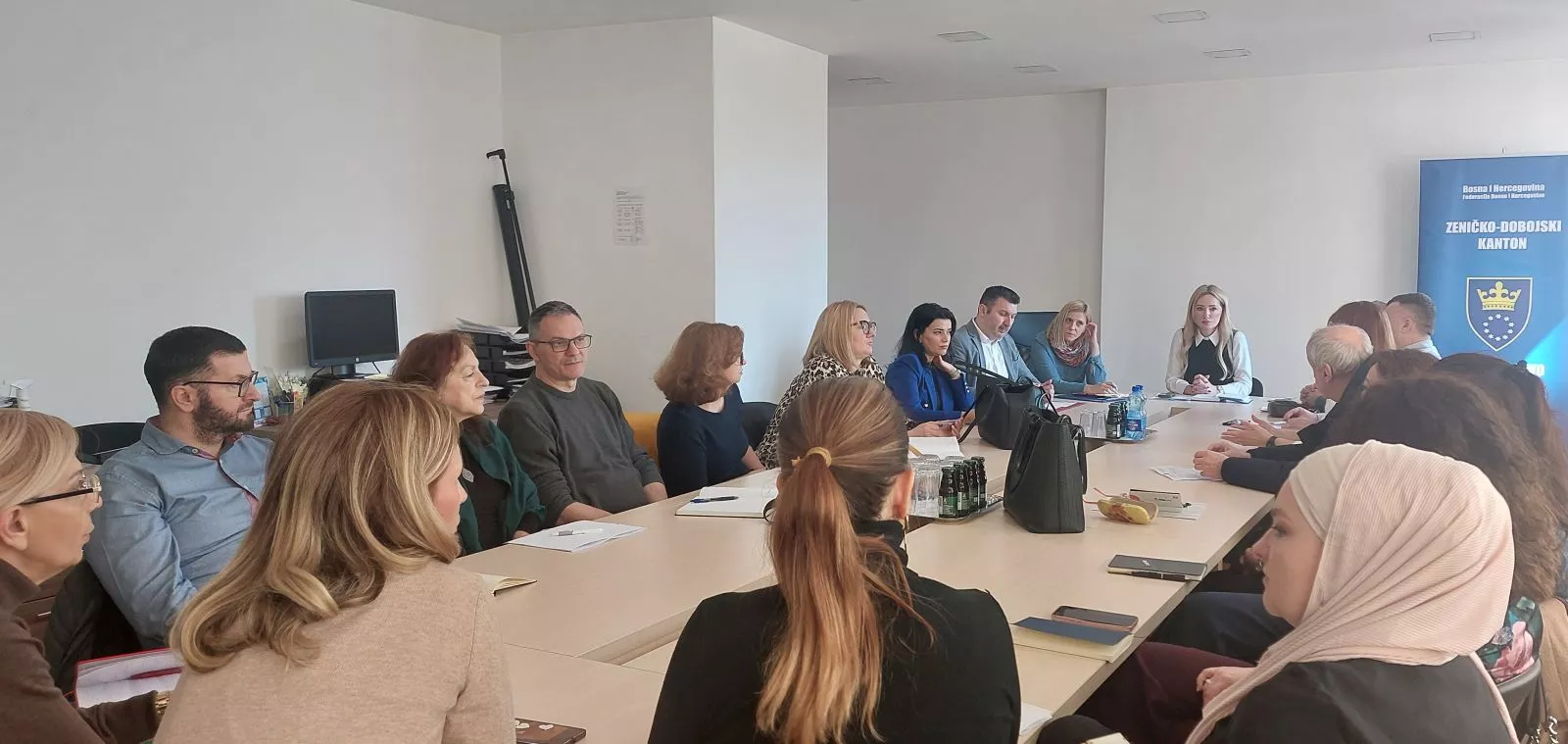
Zajedničkim djelovanjem do većeg obuhvata vakcinacije u ZDK

Održana konstituirajuća sjednica Savjeta za strane investitore
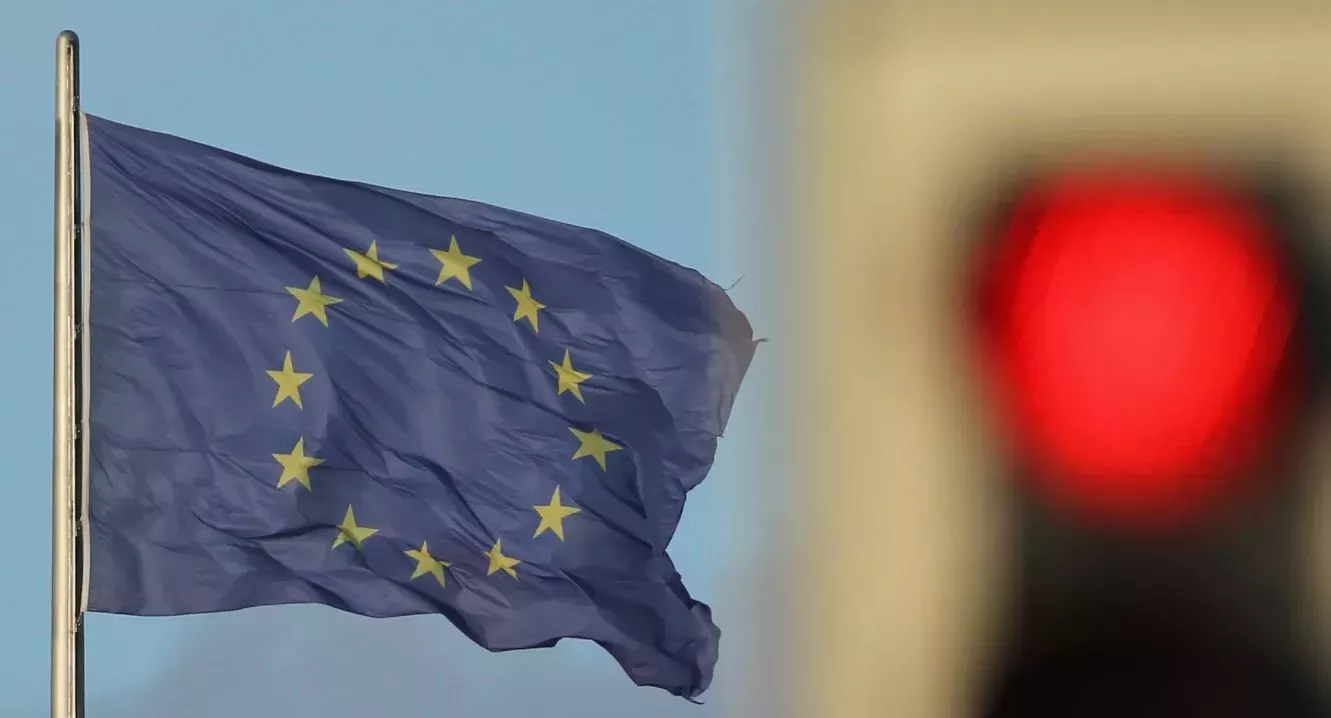
Brisel bez snage: Ako EU ne može obuzdati Mađarsku, kako će zaštititi BiH od Hrvatske?
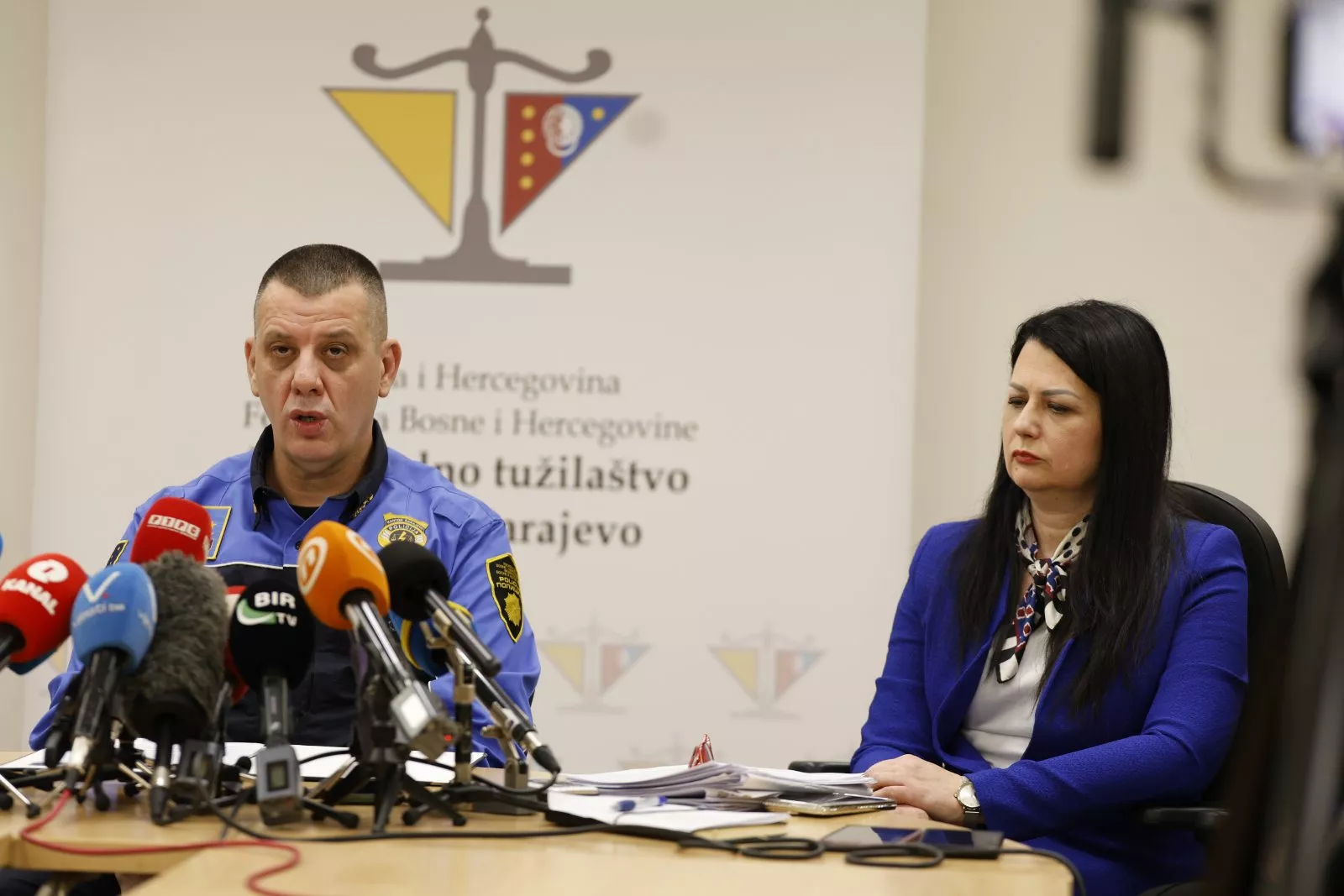
Javnost je očekivala odgovore, a Tužilaštvo i MUP KS su ih izgubili kada je pala podvala ‘vozač je kriv’!
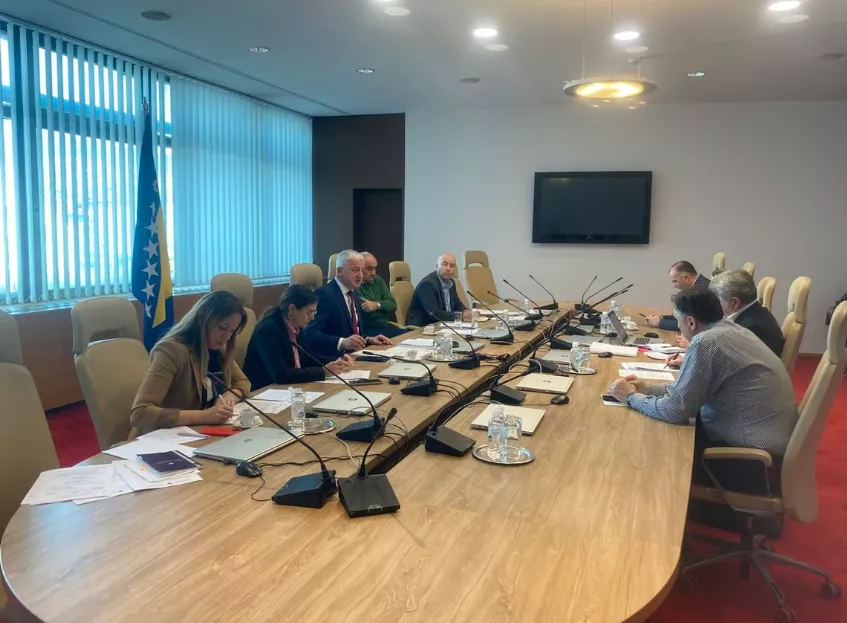
Komisija za borbu protiv korupcije zakazala javna saslušanja o aferama u UIO BiH za 10. i 17. mart
Najčitanije
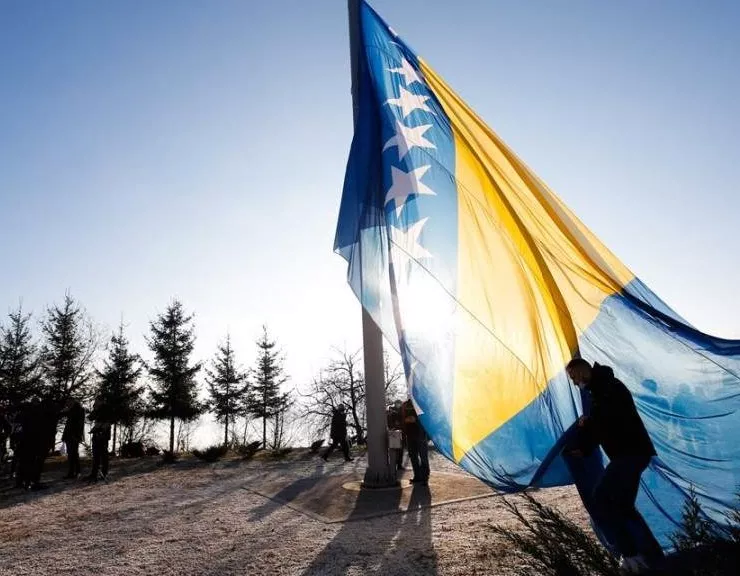
Dan nezavisnosti BiH obilježava se 1. marta i ne prenosi se, Hota-Muminović proglasila i 2. mart neradnim danom?
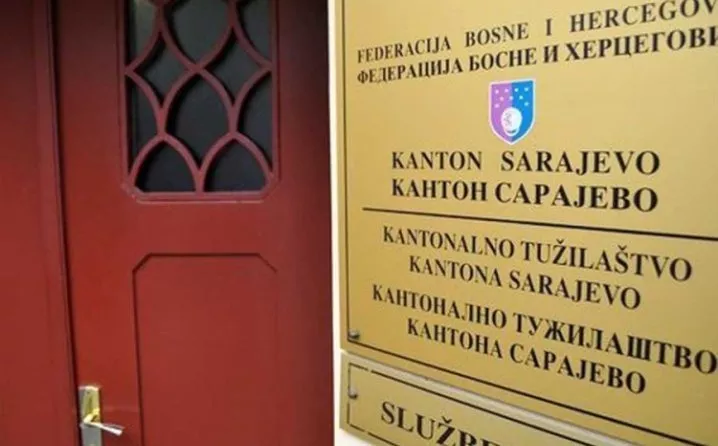
ŠTETA I UK NE ZNAJU Tužilaštvo KS neće provoditi istragu o dugu KJKP Gras zbog neplaćanja poreza i doprinosa
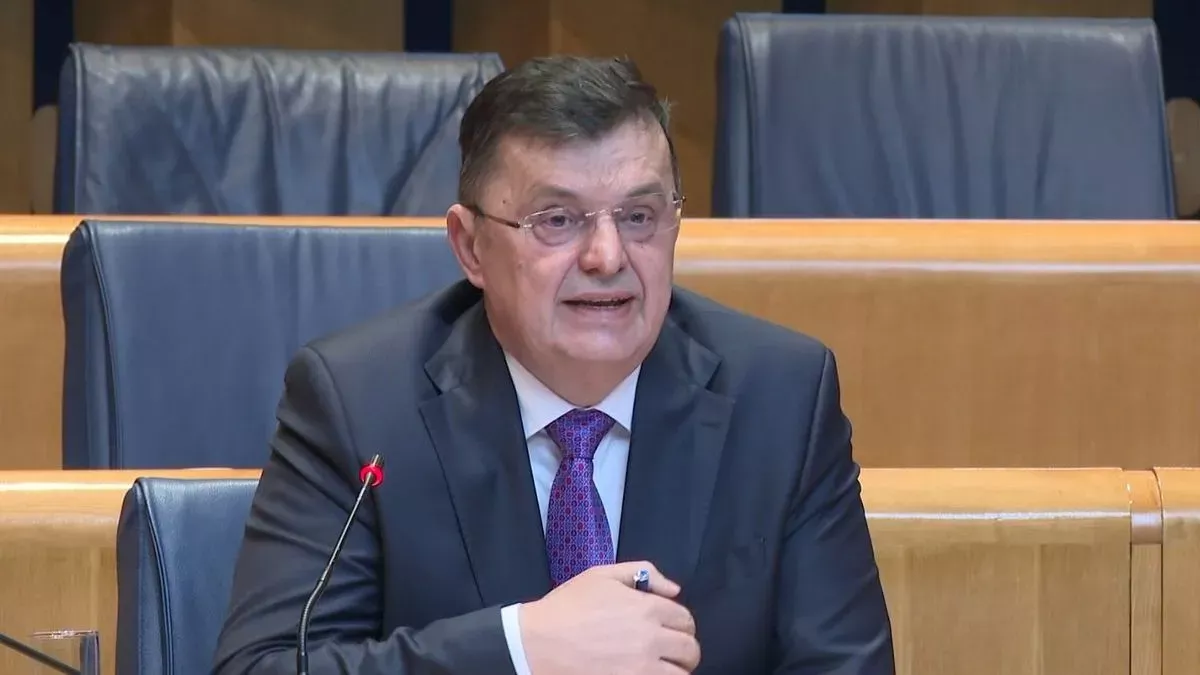
Komisiji za borbu protiv korupcije stigle prijave: Ko unaprijed gradi carinske terminale za UIO i kome se pogoduje
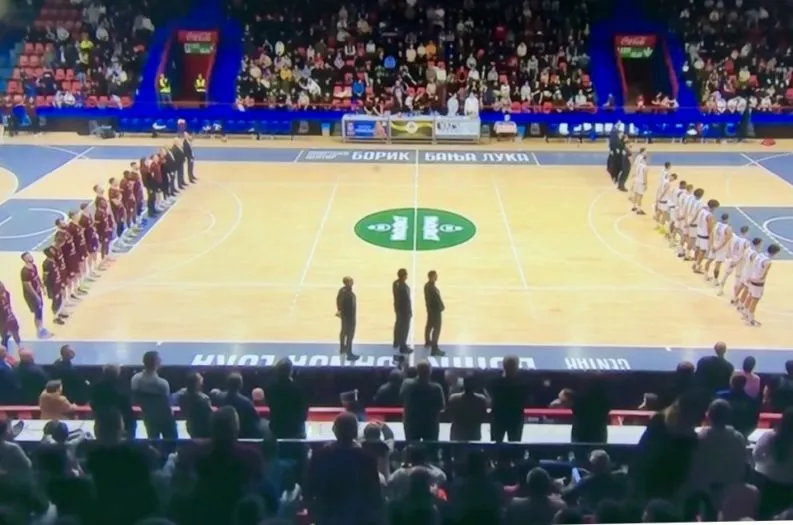
UTAKMICA BORCA I BOSNE U Banja Luci izviždana i prekinuto intoniranje himne BiH
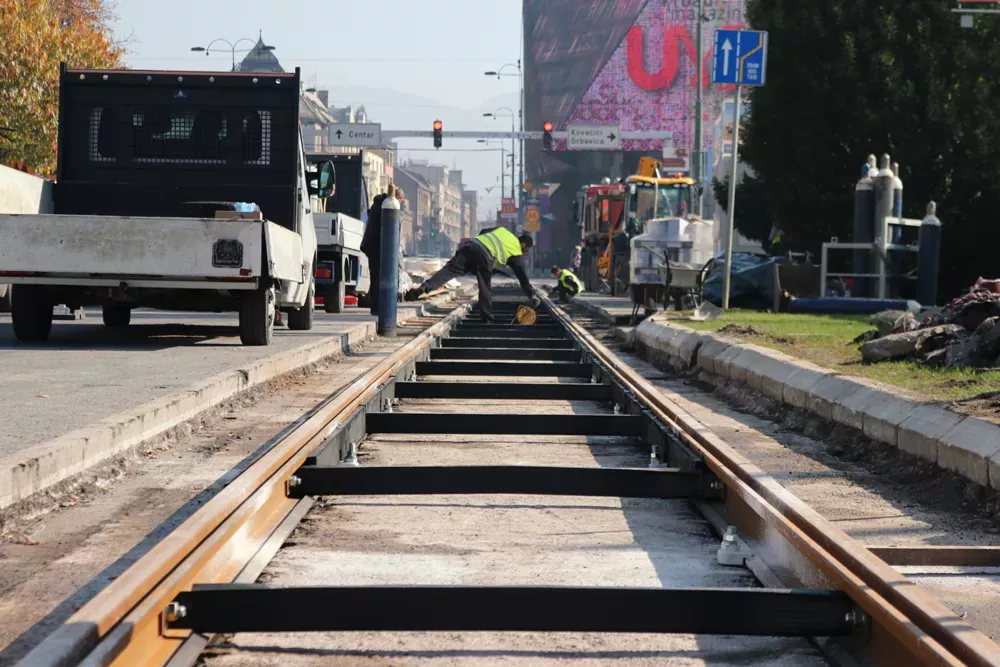
Vlada KS: Rekonstruisana tramvajska pruga ima sve upotrebne dozvole
